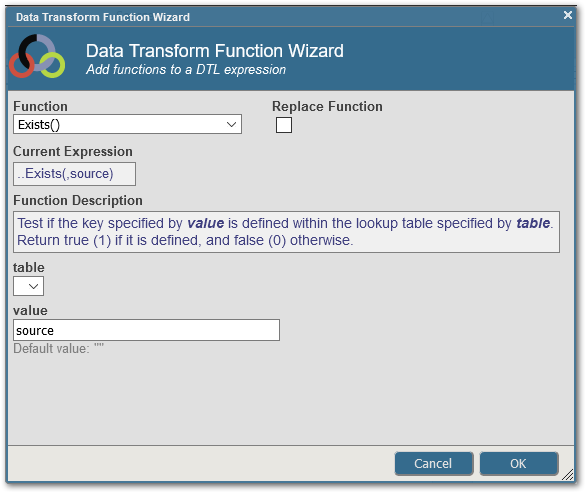Hi Blake,
Can you provide a bit more detail? If you need to create an individual HL7 message for each repeating element in the XML document, my answer here is probably the easiest way to get there. If there's a "master/detail" relationship within the XML, though, you'll need to handle that in a BPL, and perhaps still "chunk" the XML before handing it off to the BPL if there are multiple elements with master/detail relationships. You'd do that with the XML Object file service mentioned in the link (assuming you're getting these XML documents as local files ... there's also an FTP version of the service).
There are tutorials on BPLs in ISC's Learning library.
- Log in to post comments
.png)
.png)
.png)
.png)
.png)
.png)
.png)
.png)
.png)

